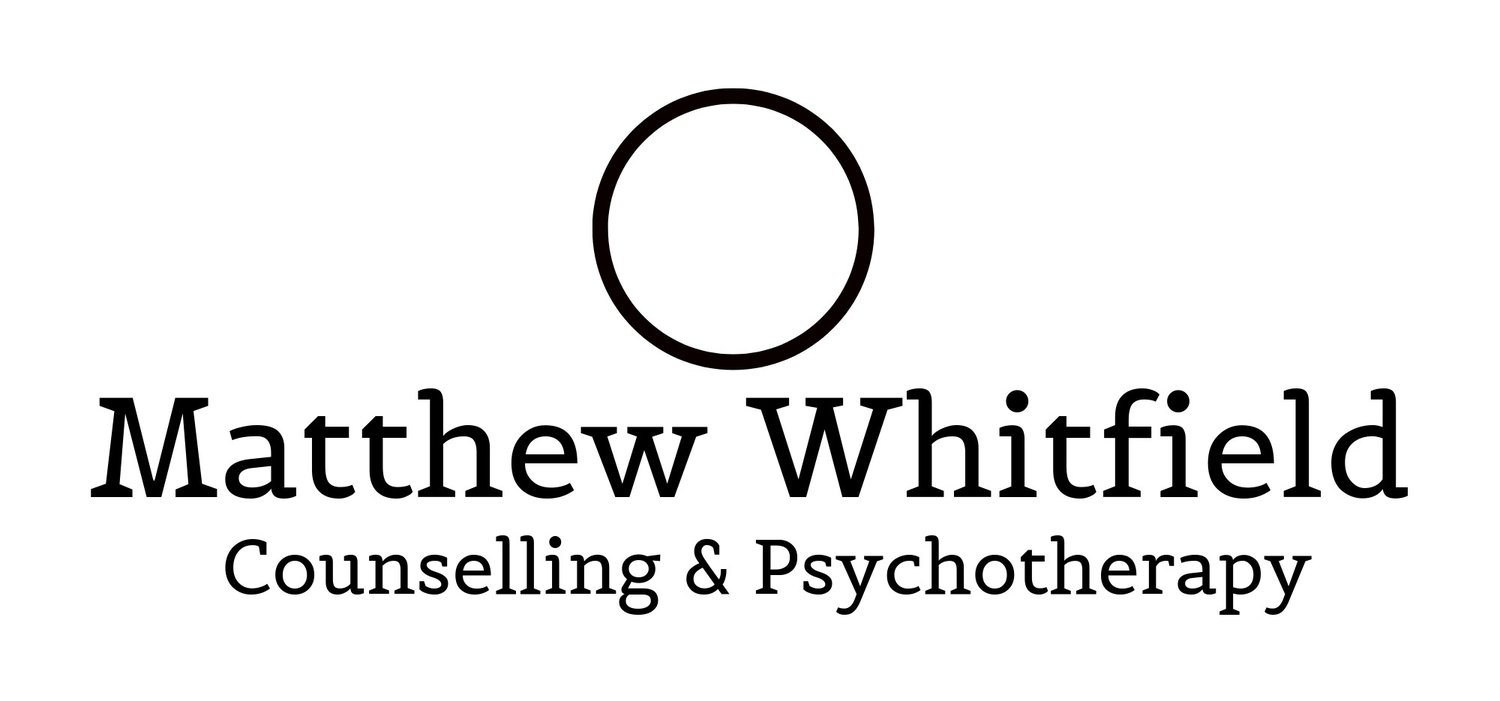Your Questions
What should I expect from therapy?
Therapy is a relationship. Together we can talk about how you view your life and your issues, and work together to find new ways to approach them. There’s no requirement for you to know exactly what’s wrong or what needs to change right away - it can take a lot of time and hard work for these perspectives to emerge. There is a process in therapy that develops from our relationship, but it happens in different ways for different people.
Each session gives you the opportunity to talk about anything that’s on your mind - it is your time and you determine what we discuss.
What happens in the first session?
Even thinking about therapy might be daunting for you, and you might wonder what to expect. The first time we meet gives you the chance to see whether we would work well together and me to explore with you what I have to offer. I hope to hear what brings you to therapy, listen carefully and address any concerns. I may ask about your family background, your support network, and any previous experience of therapy or counselling.
We can then agree to work together, or you may choose to think things over in your own time.
Are sessions confidential?
Yes. I work under the Ethical Principles and Code of Professional Conduct of the UK Council for Psychotherapy and sessions are entirely confidential. This is a core principle of the therapeutic relationship and you should feel wholly safe and secure in what you bring to sessions. I will not give information to your doctor or anyone else without your permission. The only time I might break confidentiality is if there is a serious risk of harm to you or others, and in extremely rare cases where required by law.
What’s the difference between counselling and psychotherapy?
In many ways there’s little difference in approach between counselling and psychotherapy - counselling is normally used to describe shorter term work that focuses on specific issues and behaviours, and psychotherapy is used for longer term work to reach deeper emotional insights behind problems that may be difficult to describe at first.
How many sessions will I need?
There is no definitive answer to this question as the answer will be different in each case based on who you are and the problems you need help with. Therapy does not always offer an immediate solution to long standing and painful problems. You may continue for as long as you feel the sessions are of use to you.
How long and how often are the sessions?
Sessions are 50 minutes each and occur on a weekly basis at the same time and the same place.
Will I need to agree to a contract?
Yes - a contract sets out my professional responsibilities to you and many of the practical aspects of the therapeutic relationship you need to be aware of. This helps to set the safe and clear boundaries that are essential to a successful therapeutic process.
What if I want to end therapy?
Sometimes things can feel worse before they feel better, but over time a new way of examining your feelings can open up your world to you in different ways. This process can be long and sometimes complex. If you wish to end the counselling, it’s good to give as much notice as possible so our therapeutic relationship can be brought to an organic ending.
Will you tell me how to solve my problems?
I do not offer advice or provide you with instructions. I want to help you explore different ways of thinking about your problems, but this is a two-way process and the power to change is in your hands.
Will I have to talk about things I would prefer not to discuss?
I will encourage you to talk about many aspects of your life, and to express your feelings. This doesn’t mean I will ever force you to talk about something that feels too painful.
Do you keep notes?
I do make brief notes about sessions - they are fully anonymised and kept securely.
I want to know more
Email me matthew@mwhitfieldtherapy.co.uk or call me on 07866 319947 and we can discuss questions and queries you may have
